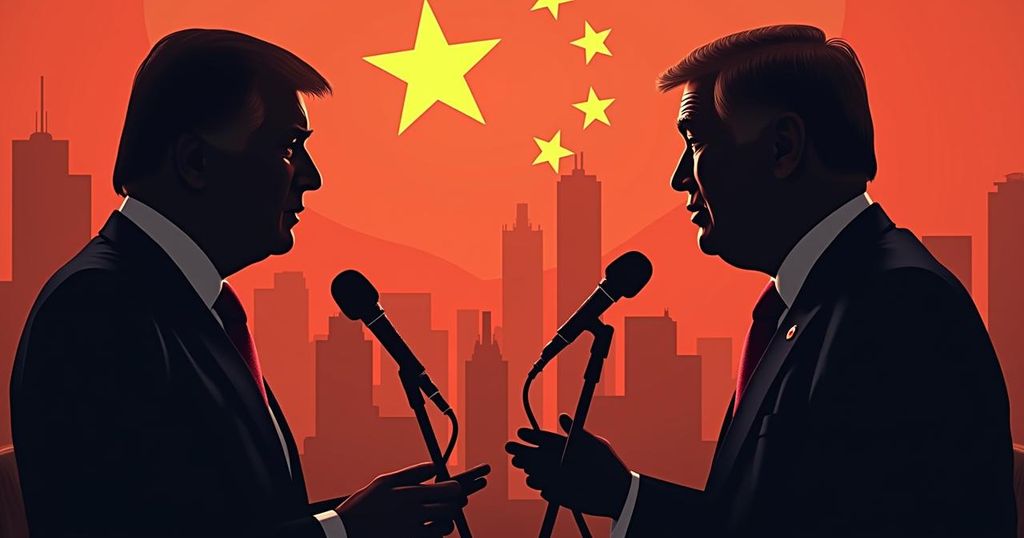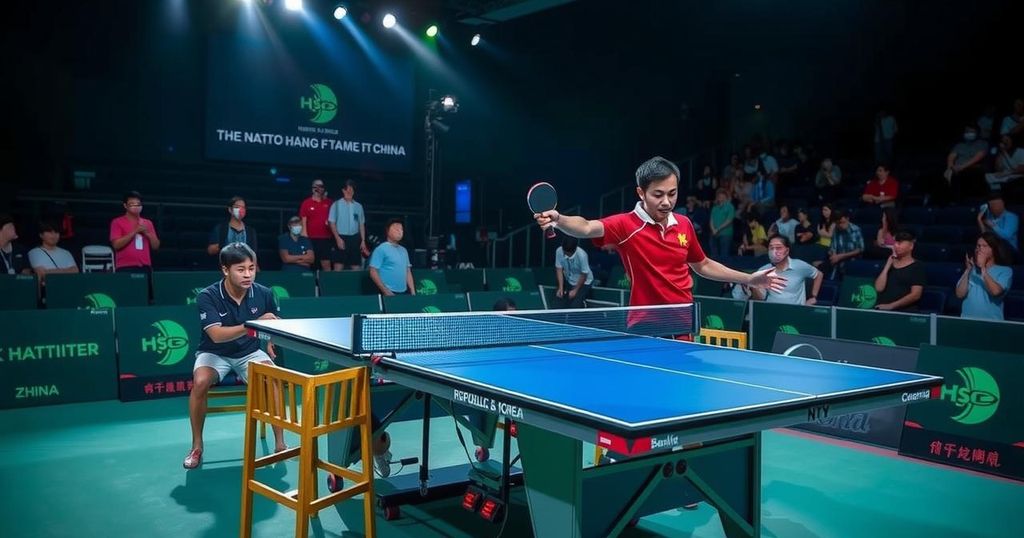Biden Administration Prevents Second China Shock with Tariffs and Sanctions Strategy
Nicholas Burns, the US Ambassador to China, stated that the Biden administration is blocking a potential “second China shock” through tariffs while urging European allies to address overcapacity in China’s electric vehicle industry. He highlighted past job losses from reliance on Chinese imports and warned of further sanctions on China if it continues to support Russia.
The Biden administration is taking a firm stance against a potential “second China shock” by imposing tariffs to prevent excessive imports and ensure fair competition in sectors such as the electric vehicle (EV) industry. During a virtual conference, Nicholas Burns, the US Ambassador to China, emphasized the importance of international cooperation in addressing this issue, particularly urging European nations to join in the effort to combat China’s overproduction and its support of Russia amid the ongoing conflict in Ukraine. Burns pointed out that the surge in Chinese imports during the early 2000s significantly impacted American manufacturing, leading to the loss of over one million jobs. He cautioned against heavy reliance on a single source for critical materials, a lesson learned from the COVID-19 pandemic. The Ambassador further indicated that additional sanctions on Chinese entities might be imposed should they continue to supply dual-use goods to Russia.
The concept of the “China shock” refers to the significant economic impact that surging Chinese imports had on global markets, particularly affecting manufacturing sectors in countries such as the United States. The first China shock occurred in the 2000s when China joined the World Trade Organization, leading to an influx of cheaper goods and product lines that displaced domestic manufacturing. This caused widespread job losses and economic dislocation in regions reliant on manufacturing. The Biden administration seeks to prevent a similar situation by applying tariffs and enforcing sanctions, particularly against entities that support adversarial nations like Russia. Moreover, the current geopolitical climate necessitates cooperation among allies to counteract economic domination by China, particularly in advanced sectors like electric vehicles.
In summary, the Biden administration, through Ambassador Nicholas Burns, is assertively countering the potential economic disruption posed by China, particularly in light of its support for Russia. By encouraging collaborative efforts among global partners, the administration aims to mitigate overcapacity issues and protect domestic industries from job losses akin to those experienced during the first China shock. The concept of enhancing supply chain resilience remains paramount, especially in critical sectors that are essential for national security and economic stability.
Original Source: www.scmp.com








Post Comment